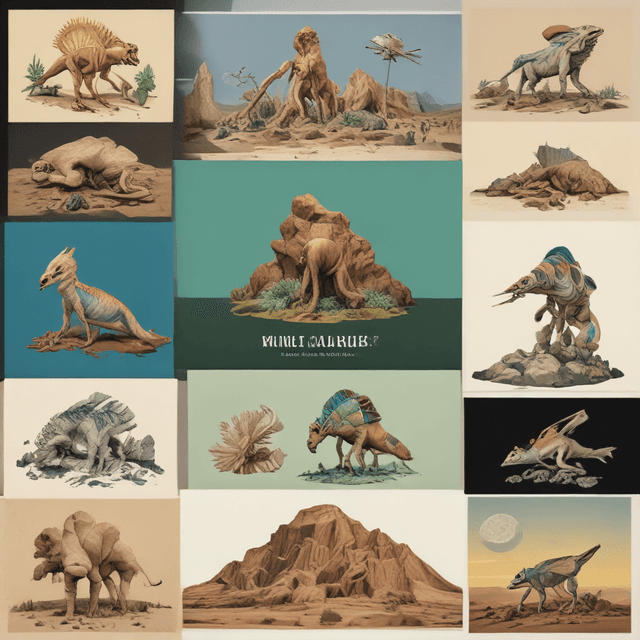
| Field | Scientific study of the natural world |
| Legacy | Continued shaping of scientific understanding of the natural world |
| Disciplines | Biology • Geology • Astronomy • Paleontology |
| Key advances | Advancements in taxonomy • Cataloging biodiversity • Understanding physical processes |
| Controversies | Debates over origins and structure of the universe between creationists and naturalists |
| Driving factors | Needs of colonial empires • Technological innovation • Intellectual curiosity |
| Historical development | Roots in ancient Greek philosophy, rapid expansion in Europe from Middle Ages to 19th century |
Natural history is the scientific study of the natural world, including plants, animals, geology, paleontology, and astronomy. Emerging from the intellectual tradition of ancient Greece and ancient Islam, natural history has a long and storied history as a field of study, with significant developments occurring throughout the Middle Ages, the Renaissance, and the Age of Discovery.
The roots of natural history can be traced back to the inquiries of ancient Greek philosophers like Aristotle, who produced extensive catalogs and taxonomies of plants and animals known in the Mediterranean world. These early scholars were driven largely by a desire to understand the diversity of life on Earth and the underlying principles governing the natural world.
In the Middle Ages, natural history gained prominence within the context of Islamic science and scholarship, with figures like Al-Jahiz and Al-Biruni making significant advances in zoology, botany, and geology. Meanwhile, in Europe, monasteries and cathedral schools became centers of natural history, with scholars documenting local flora and fauna.
The explosion of European exploration and colonial expansion beginning in the 15th century profoundly shaped the development of natural history. Voyages to the Americas, Africa, and Asia brought back countless new species of plants and animals that needed to be identified, classified, and studied. Major figures like Carl Linnaeus developed comprehensive taxonomic systems to organize the growing body of natural knowledge.
At the same time, advances in fields like astronomy, geology, and paleontology challenged traditional biblical explanations for the origins of the Earth and life. Scholars like Georges Cuvier and James Hutton proposed naturalistic theories of geological time and evolution that conflicted with creationism. This sparked fierce debates that would continue for centuries.
The 19th century saw an explosion of activity and discovery in natural history, driven by technological innovations, increased global exploration, and the growth of scientific institutions. The invention of the microscope revolutionized biology, revealing previously unseen worlds of microorganisms. Meanwhile, telescopes and spectroscopy enabled major breakthroughs in astronomy.
Expeditions to remote regions like the Galapagos Islands and the Amazon Basin uncovered previously unknown species, while scientists like Charles Darwin developed comprehensive theories of evolution that forever changed our understanding of the origins of life. The establishment of natural history museums, botanical gardens, and zoological gardens allowed the public to engage with the wonders of the natural world.
The legacy of natural history continues to shape scientific inquiry and our understanding of the natural world. Disciplines like ecology, climate science, and conservation biology have their roots in the rich tradition of natural history. Meanwhile, debates over creationism versus evolution, the origins of the universe, and humanity's place in the natural order continue to this day.
While the scope and methodologies of natural history have evolved considerably over the centuries, the core mission of documenting, cataloging, and comprehending the astonishing diversity and complexity of the natural world remains as vital and compelling as ever. From the tiniest microbes to the grandest cosmic phenomena, natural history continues to captivate and inspire both scientists and the general public.